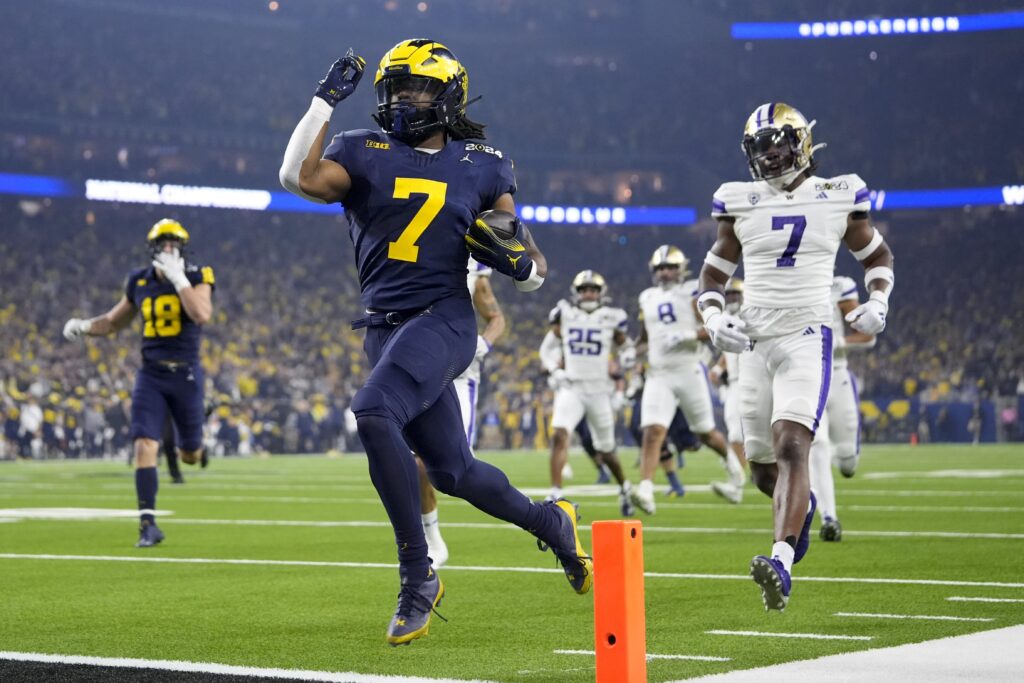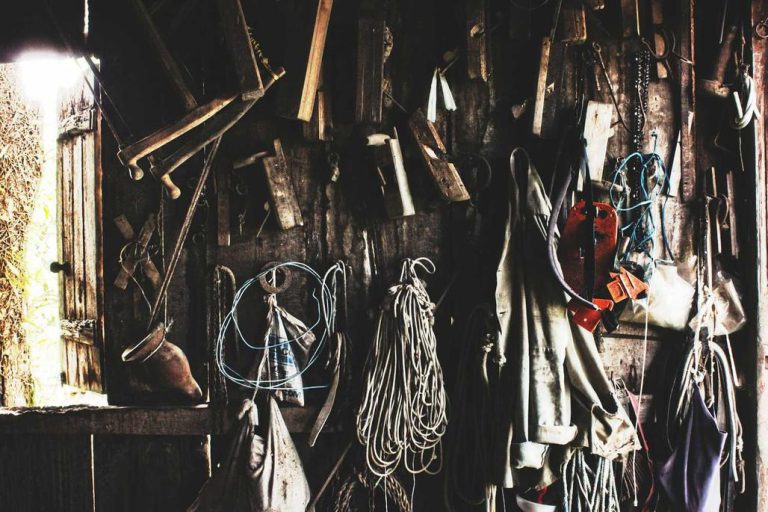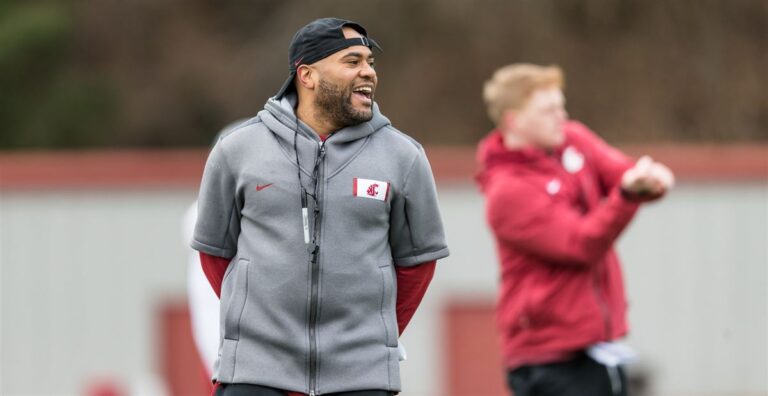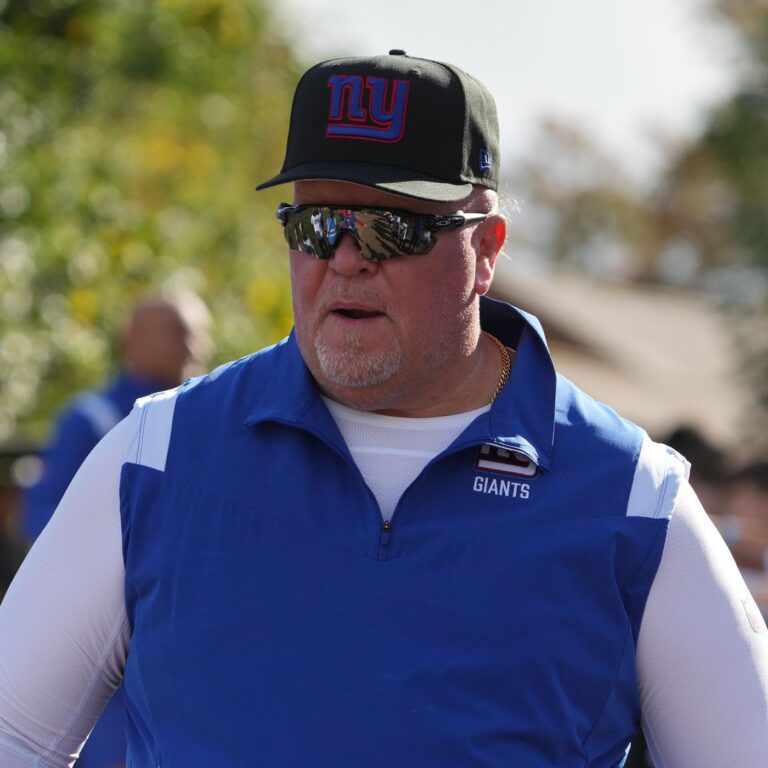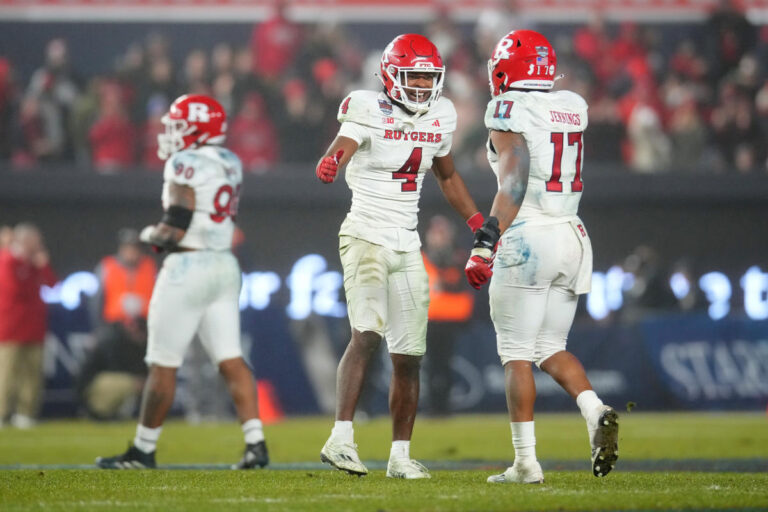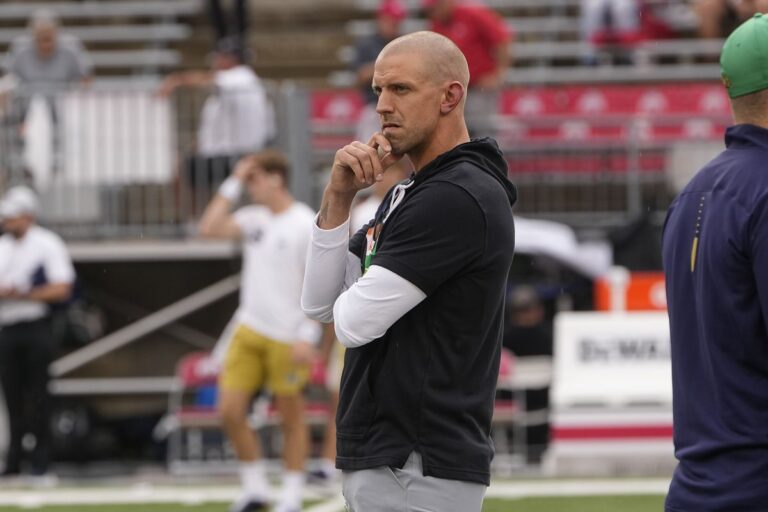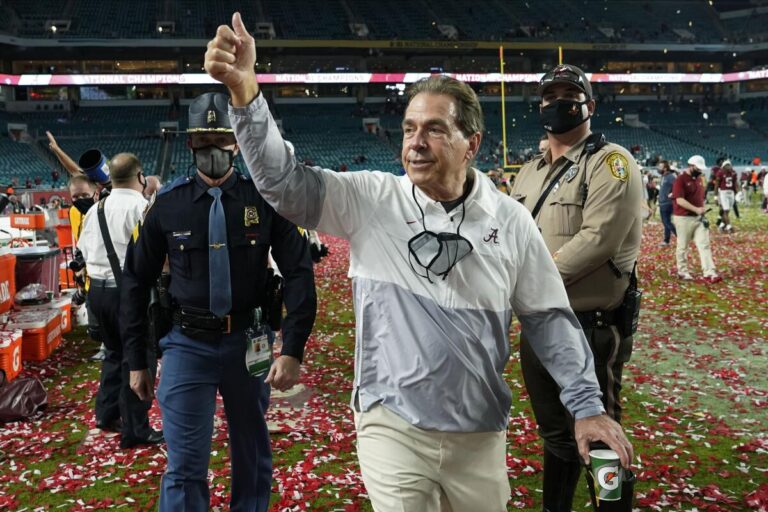Navigating the New Frontier: The NCAA’s Conundrum with NIL and Athlete Compensation
-
To read 8 min.
-
Published
-
Comments 0
Key Points
- The NCAA is navigating a complex transition towards allowing direct NIL (Name, Image, and Likeness) deals and potentially providing salaries to athletes, marking a significant shift from traditional amateurism.
- Enforcement of NIL policies has been inconsistent and contentious, leading to investigations and sanctions against member schools and highlighting the need for a clearer regulatory framework.
- Recent policy revisions aim to facilitate more direct interactions between schools and NIL collectives, including the introduction of an agent registry and standardized contracts, reflecting efforts to adapt to changing legal and social expectations.
- The evolving landscape of athlete compensation, marked by legal challenges and the push for professionalization, demands a collaborative and forward-thinking approach to reform NCAA policies and practices.
The NCAA’s Tumultuous Journey into NIL Deals and Athlete Compensation
In an unprecedented move, the NCAA finds itself at a pivotal crossroads, attempting to navigate the complexities of modernizing athlete compensation while maintaining the integrity of college sports. The introduction of proposals to allow direct NIL deals and potentially provide salaries to athletes marks a significant departure from traditional amateurism, signaling a new era that could align college sports more closely with professional leagues. This transition, expected to unfold over the next 18 to 24 months, not only challenges the NCAA’s historical stance on amateurism but also raises questions about the future landscape of collegiate athletics. The paradox of investigating and sanctioning member schools for NIL violations while simultaneously proposing policies that would legitimize such arrangements underscores the association’s internal conflicts and the broader tensions within the industry.
The NCAA’s efforts to adapt to the evolving landscape are further complicated by the diverse interpretations and implementations of NIL policies across states and institutions. As the association grapples with the task of creating a unified and fair framework, the current environment of uncertainty and inconsistency poses significant challenges for athletes, coaches, and administrators alike. The proposed model of compensating athletes directly for their name, image, and likeness, as well as their athletic contributions, represents a bold step toward recognizing their value within the collegiate sports ecosystem. However, the transition from an amateur model to one that incorporates elements of professional compensation requires careful consideration of legal, ethical, and logistical implications, highlighting the need for a comprehensive strategy that addresses the concerns of all stakeholders.
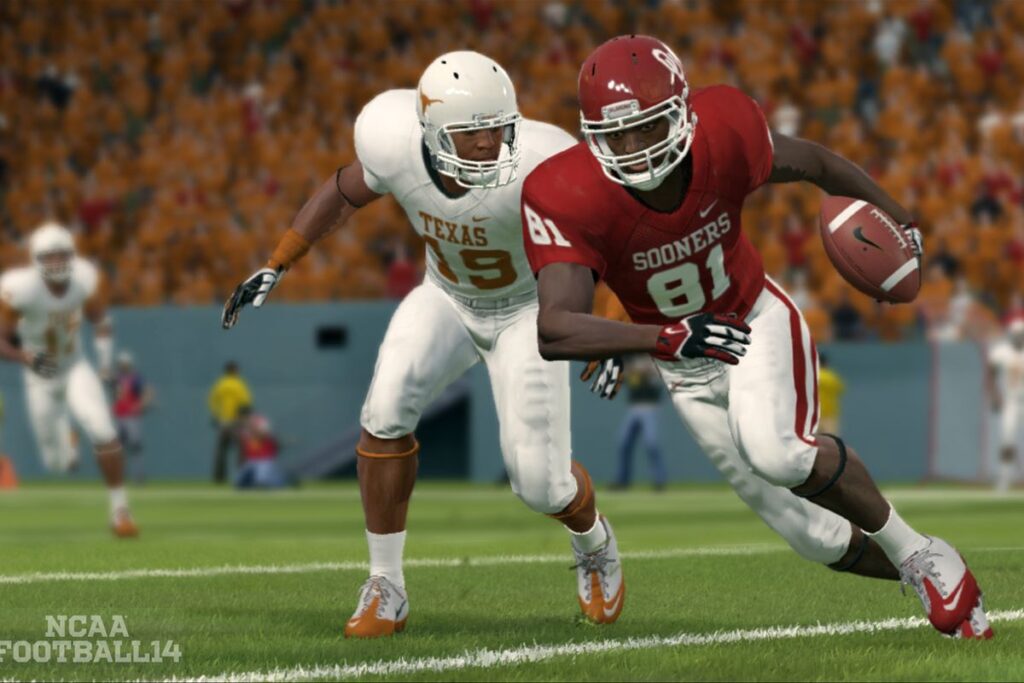
The ongoing investigations and sanctions related to NIL deal violations illustrate the complexities of enforcing existing policies amidst evolving expectations and legal landscapes. These actions not only reflect the NCAA’s struggle to maintain control over the collegiate sports model but also signal the potential for significant shifts in governance and regulation. As the association navigates these turbulent waters, the outcomes of these enforcement efforts and the responses from affected schools will likely shape the future of NCAA policies and their implementation. The balancing act between fostering innovation and ensuring fairness and equity underscores the critical challenges facing the NCAA as it seeks to redefine its role and relevance in an increasingly professionalized sports landscape.
The Conflicting Realities of NIL Policies and Enforcement
The landscape of college sports is currently mired in a state of flux, with NIL deals at the center of a heated debate over athlete compensation. The existing framework, which allows athletes to benefit financially from their name, image, and likeness through third-party endorsements, presents a patchwork of opportunities and challenges. This interim solution, though a step forward, falls short of providing a clear and equitable system for all athletes, leading to disparities and potential exploitation. The NCAA’s vision for a future where athletes are compensated directly by schools represents a radical shift towards acknowledging their contributions beyond mere participation. However, the journey towards this ideal is fraught with obstacles, including resistance from traditionalists who fear the erosion of amateur values and the practical difficulties of implementing a fair and transparent compensation model.
The enforcement of NIL policies has become a contentious issue, highlighting the discrepancies between the NCAA’s aspirations and its current capabilities. The association’s efforts to police NIL arrangements have been criticized for their lack of consistency and clarity, contributing to a climate of uncertainty and frustration among member institutions. The sanctions levied against schools for NIL violations expose the limitations of the NCAA’s regulatory framework and its struggle to adapt to the changing dynamics of athlete compensation. These challenges are compounded by the divergent interests and priorities of various stakeholders, including athletes, coaches, administrators, and legislators, each advocating for solutions that align with their own perspectives on fairness and equity in college sports.
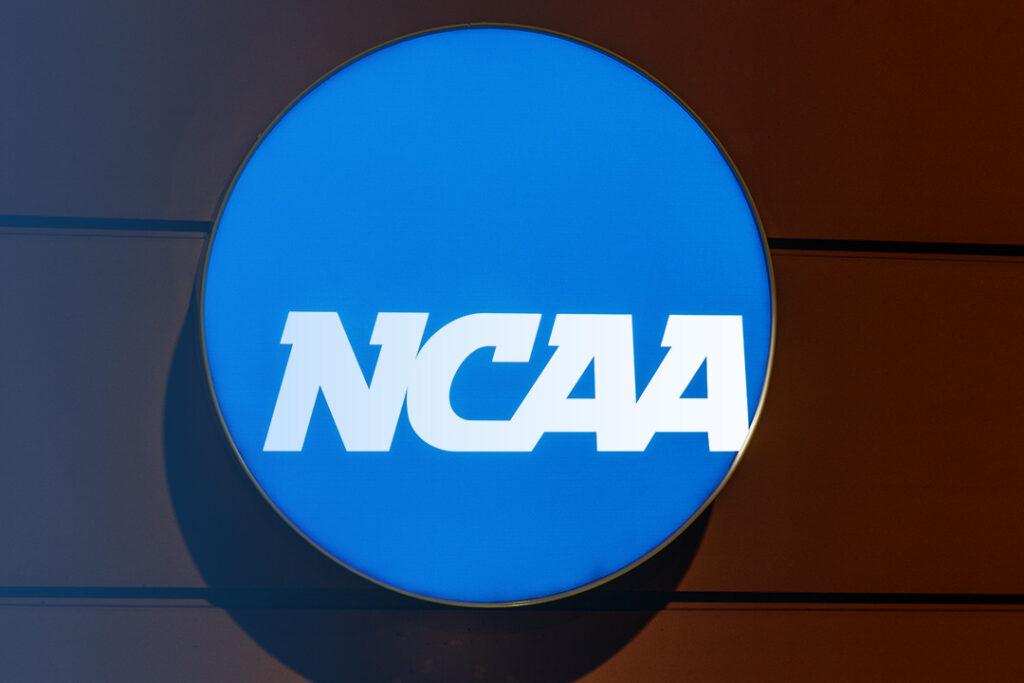
As the NCAA contends with these conflicting realities, the call for a more streamlined and professionalized compensation model grows louder. The association’s attempts to strike a balance between traditional amateurism and the emerging professional paradigm underscore the urgent need for reform. The development of a comprehensive policy that accommodates the diverse needs of the collegiate sports community while promoting transparency, fairness, and sustainability is critical. This policy must navigate the intricacies of state and federal laws, address the concerns of all stakeholders, and lay the groundwork for a future where the contributions of college athletes are recognized and rewarded in a manner that preserves the integrity and competitiveness of college sports.
The Path Forward: Legal Battles, Policy Revisions, and the Quest for Clarity
The NCAA’s journey through the maze of NIL policies and athlete compensation is marked by legal challenges and policy revisions that signal a transformative period in college sports. The association’s recent endeavors to update its NIL guidelines reflect a proactive attempt to align with the evolving legal and social expectations surrounding athlete rights and compensation. These updates aim to facilitate more direct interactions between schools and NIL collectives, introduce an agent registry, and create a standardized contract framework. However, these measures, while promising, also underscore the complexity of establishing a regulatory environment that is both fair and adaptable to the rapidly changing landscape of college athletics. The legal battles faced by the NCAA, including challenges to its sanctions and the broader disputes over athlete compensation, highlight the deep divisions within the sports community and the pressing need for a cohesive and forward-thinking approach.
The enforcement of NIL policies against a backdrop of legal uncertainties and shifting societal norms presents a formidable challenge for the NCAA. The association’s efforts to maintain a level playing field are complicated by the innovative and often aggressive strategies employed by schools, boosters, and athletes to navigate the NIL landscape. This environment of “anything goes” has led to calls for a radical overhaul of the compensation model, advocating for the recognition of college athletes as employees with rights to fair wages and benefits. Such a shift would not only redefine the relationship between athletes and institutions but also require a reevaluation of the fundamental principles that have governed college sports for decades.
Conclusion
The path forward for the NCAA and collegiate sports as a whole involves a delicate balancing act between embracing innovation and preserving tradition. The quest for a sustainable model of athlete compensation demands collaborative efforts, open dialogue, and a willingness to confront the uncomfortable realities of the current system. As the NCAA and its member institutions grapple with these challenges, the outcomes of ongoing legal disputes and policy debates will undoubtedly shape the future of college sports. In navigating this complex terrain, the NCAA must prioritize the welfare and aspirations of athletes, ensuring that the evolution of college sports aligns with the principles of fairness, equity, and inclusivity. Only through such an approach can the association hope to emerge from this period of uncertainty with a framework that is robust, equitable, and reflective of the modern sports era.
FAQs
- What are the proposed changes to NCAA’s policies regarding athlete compensation?
The NCAA has proposed allowing schools to engage directly in name, image, and likeness (NIL) deals with athletes and potentially offer salaries through a trust fund. This represents a significant shift towards recognizing athletes’ contributions and aligning college sports more closely with professional models.
- Why has enforcement of NIL policies been challenging for the NCAA?
Enforcement has been challenging due to inconsistencies in the application of NIL policies across states and institutions, the evolving legal landscape, and the NCAA’s struggle to balance traditional amateurism with emerging professional paradigms. These challenges are compounded by the need for a clear and equitable system that addresses the interests of various stakeholders.
- What future actions is the NCAA considering to address the complexities of athlete compensation?
The NCAA is considering further policy revisions that facilitate more direct communication between schools and NIL collectives, the establishment of an agent registry, and the creation of standardized contracts. These efforts aim to create a more transparent, fair, and adaptable regulatory environment in response to the rapidly changing landscape of college athletics.

